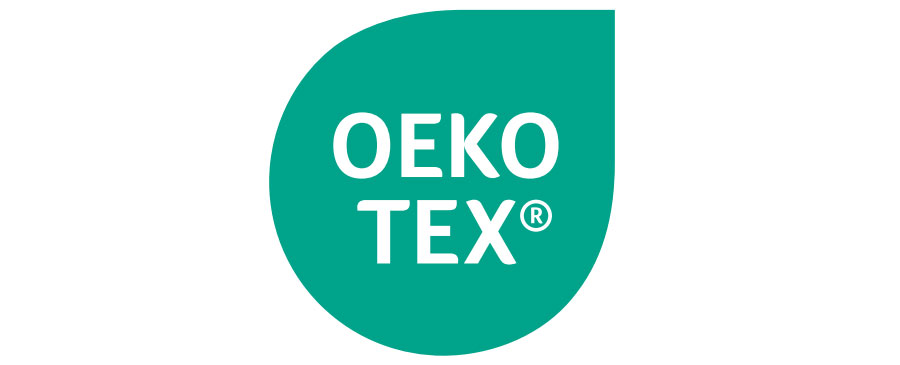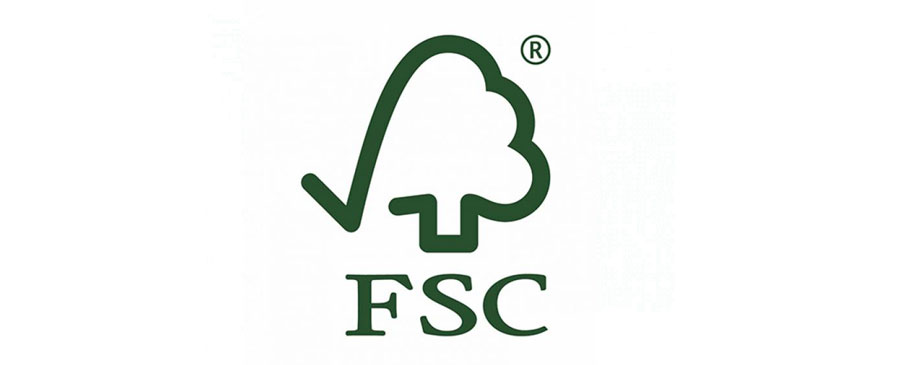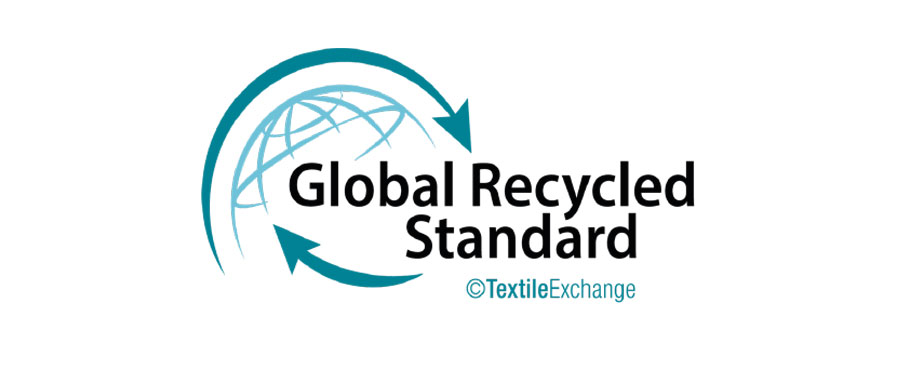Sustainability & Certifications.

Being a sustainability-oriented company is an ethical approach, it is a moral commitment and a responsibility that we don't want to overlook.
The journey is far from simple, as it requires adopting practices that meet specific environmental, social, and economic standards.
The awareness that natural resources are limited and that protecting the planet is a duty to future generations drives our commitment to researching and selecting the best technologies and raw materials.
Environmental concerns have always been an integral part of our corporate culture. Interfil TP pays particular attention to the product processing due to its impact not only on human health and well-being but also on the environment.
Certifications.
Over the years, Interfil TP has obtained significant national and international certifications.
We have decided to invest in eco-sustainability and traceability by obtaining the OEKO-TEX® STANDARD 100 Class 2 certification.
Through this certification, all yarns are tested to ensure the absence of harmful substances to health. A periodic control system by the authorized National Body ensures continuous verification of compliance with ecological parameters, which have become essential for major international brands and for anyone concerned about the health and protection of our planet.
Adhering to the OEKO-TEX® label also represents a commitment to the "Zero Discharge of Hazardous Chemicals (ZDHC)" initiative, a global project by international brands aimed at eliminating hazardous chemicals from textile production processes.

ITP complies with the requirements outlined in Article XVII of the REACH Regulation.
REACH is a European Union regulation concerning the registration, evaluation, authorization, and restriction of chemical substances.
The main objective of the regulation is to improve the understanding of the hazards and risks associated with chemical substances while maintaining and strengthening the competitiveness and innovative capabilities of the European chemical industry.
ITP has adhered to the Chinese GB/T standards. GB standards are national standards in China issued by the Standardization Administration of China (SAC), applied nationwide across China, and define the requirements related to product safety and quality.
In 2019, ITP obtained the FSC® Certification for VISCOSE. The FSC® certification is an international certification specific to the forestry sector and the products—both woody and non-woody—derived from forests.
The FSC® certification mark ensures that the entire certified wood-pulp supply chain meets standards for environmentally responsible, socially beneficial, and economically sustainable forest management. There are two types of FSC® certification: Forest Management Certification for forest owners and managers, and Chain of Custody (CoC) Certification for companies involved in the transformation and/or trade of forest products, including those producing viscose derived from wood pulp used in spinning for the production of textiles for clothing, lingerie, and furniture.

GRS CERTIFICATION for POLYESTER and NYLON.
The Global Recycle Standard (GRS) is promoted by Textile Exchange, a non-profit organization that internationally advocates for responsible and sustainable development in the textile industry. With this standard, Textile Exchange recognizes the crucial importance of recycling for the growth of a sustainable production and consumption model, aiming to reduce resource consumption (virgin raw materials, water, and energy) and increase the quality of recycled products. Products can be GRS certified if they are made up of at least 20% pre-consumer and post-consumer recycled materials.

The GOTS Certification certifies the use of natural fibers in organic textile products, sourced from farms that do not use chemical pesticides or Genetically Modified Organisms (GMOs), and that are treated with non-toxic products for humans. The standard includes both ecological and social criteria and covers the entire textile production chain.
Ecological criteria include the prohibition of toxic heavy metals, formaldehyde, aromatic solvents, GMOs, and other enzymes; the ban on chlorine-based bleach; and the prohibition of azo dyes. Natural materials must be tracked and kept separate from conventional fiber products throughout the entire production process.
Companies must adhere to an environmental protection policy with specific objectives and procedures aimed at minimizing consumption and waste. Raw materials, semi-finished goods, and final textile products must not contain any toxic or harmful substances.
Social criteria require that all producers and participants in the manufacturing stages meet the minimum standards set by the ILO (International Labour Organization). Safety conditions at work and hygiene regulations must be respected. There must be no form of labor exploitation, wages must be adequate to ensure a decent standard of living, and there must be no discrimination or irregular employment practices.
INTERFIL TP has obtained the European Flax® Certification, which guarantees the origin of the flax fiber from European cultivations.
This certification demonstrates ITP's commitment to preserving, protecting, and promoting a typically European agricultural and fiber production, its regional specificity, environmental and social sustainability, and its inherent, non-relocatable know-how.
European flax is cultivated in a large coastal belt of Western Europe, stretching from France to Belgium and the Netherlands, from Caen to Amsterdam. Flax is the only plant-based textile fiber native to the European continent.
Its excellence is due to a unique combination of factors: the natural, humid oceanic climate, the low thermal density of flax, fertile soil, and the experience of local farmers.
The European Flax® Certification guarantees the origin and traceability of flax fibers used in textile production. Specifically, it certifies the use of flax fibers from European cultivations with the following characteristics:
- No irrigation (99.9% certified by CELC)
- No use of GMOs
- Crop rotation: retains 400,000 tons of CO2 annually
- No waste – the entire plant is used
- Completely mechanical fiber extraction (scutching)
- Compliance with the International Labour Organization's regulations throughout the supply chain
